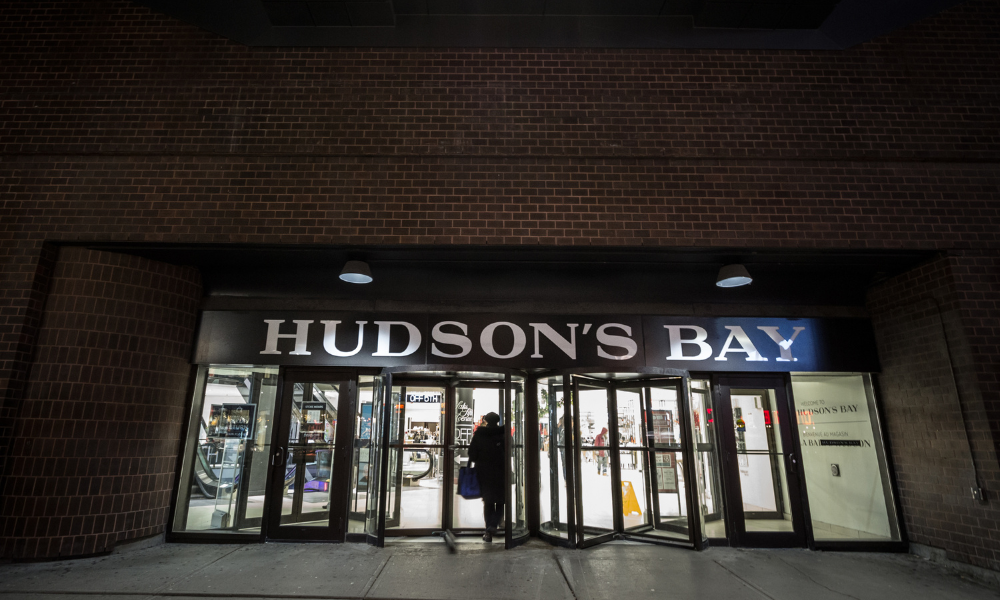Two-thirds admit to limited understanding of health, long-term care options and costs

Life in retirement is not looking good for many Canadians, based on the results from a recent study.
While 61 per cent of Canadians consider health and long-term care a key retirement priority, 66 per cent admit to having limited or no understanding of the health and long-term care options and costs they should be saving for to live well in retirement, according to a report from Edward Jones.
This includes 59 per cent of those aged 55 or over, according to the report.
Forty per cent of Canadian adults worry about the effect of COVID-19 on their savings and retirement plans, according to a separate report.
By their own assessment, just 23 per cent of Canadians believe their retirement savings will last them less than 10 years, including 21 per cent of those aged 55 or over, finds Edward Jones.
Also, 31 per cent of respondents don't know how long their retirement savings will last, including 24 per cent of those aged 55 and over. That is concerning because the average “health span” of Canadians does not match their lifespan, according to Edward Jones.
Employers want to deliver greater value and a better employee outcome for retirement, but they struggle to engage employees, according to a report by Aon.
Growing older in Canada costs a lot of money, according to Edward Jones’ survey of 1,523 Canadians completed in March.
The average national cost of a private room in a long-term care home is $33,349 per year, though each province sets its own costs based on different options and related prices.
For those preferring to age at home, the basic cost of personal care averages $30 per hour, but the range of costs can be even wider, depending on variables such as the need for home alterations, the type of care needed, and the number of care hours needed per month.
An employer’s matching contribution is the most influential factor motivating employees to begin saving for retirement, according to Cerulli.




